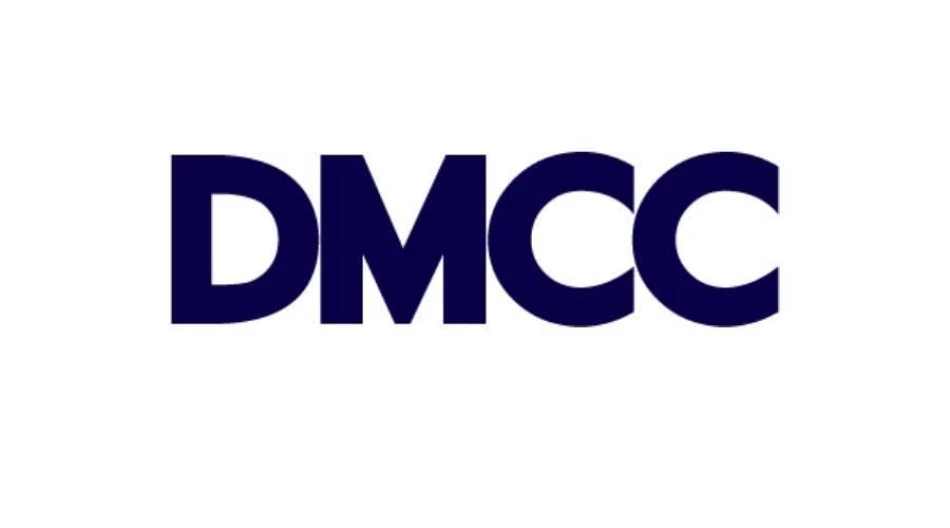
Dubai's Commodity Authority Enhances its Technological Ecosystem
Dubai Commodities Center Partners with Swedish Fintech to Accelerate Trading Technology Innovation
The Dubai Multi Commodities Centre (DMCC) has signed a strategic partnership with Swedish fintech company Vermiculous, marking another step in Dubai's ambitious push to become a global technology and trading hub. The collaboration will focus on deploying advanced financial technology solutions specifically designed for exchanges, clearing houses, and central securities depositories, potentially impacting the operations of nearly 26,000 companies within DMCC's business ecosystem.
Strategic Focus on Exchange Infrastructure
This partnership targets critical market infrastructure—the backbone systems that enable modern financial trading. By focusing on exchanges, clearing houses, and securities depositories, DMCC is addressing the technical foundations that support high-frequency trading, risk management, and settlement processes. This approach suggests Dubai is positioning itself not just as a trading destination, but as a technology leader in market infrastructure.
The collaboration comes as DMCC serves as the parent organization for both the Dubai Gold and Commodities Exchange and Dubai Commodity Clearing Corporation, giving the partnership direct access to live trading environments where new technologies can be tested and implemented.
Dubai's Broader Technology Strategy
AI Integration Across Sectors
The partnership aligns with DMCC's comprehensive technology strategy, particularly its push to integrate artificial intelligence solutions across various economic sectors. This reflects Dubai's broader vision to transform from a traditional trading hub into a technology-driven financial center that can compete with established markets like Singapore and Hong Kong.
Building on Existing Partnerships
According to DMCC CEO Ahmed Bin Sulayem, this agreement complements existing partnerships as the center explores fintech solutions to enhance its operational ecosystem. This suggests a systematic approach to technology adoption rather than ad-hoc implementations, indicating serious long-term planning.
Market Implications and Competitive Positioning
For investors and market participants, this partnership signals several important developments. First, it demonstrates Dubai's commitment to maintaining technological competitiveness in an increasingly digital trading landscape. Second, the focus on infrastructure technology suggests potential improvements in trading efficiency, cost reduction, and risk management capabilities.
The timing is particularly significant as global commodity markets face increased volatility and regulatory scrutiny. Advanced fintech solutions for clearing and settlement could provide Dubai's exchanges with operational advantages during periods of market stress.
Regional Competition and Global Trends
This move mirrors similar initiatives by other financial centers seeking to modernize their market infrastructure. Singapore has invested heavily in fintech partnerships, while traditional centers like London and New York continue upgrading their systems. Dubai's partnership approach—leveraging external expertise rather than building everything in-house—reflects a pragmatic strategy for rapid technology adoption.
The collaboration also positions Dubai to capitalize on the growing trend of digitization in commodity trading, where traditional paper-based processes are being replaced by blockchain, AI, and automated systems. As Vermiculous founder Nils Robert Persson noted, the partnership creates opportunities to explore mutual interests and growth prospects while advancing global trade innovation.
Long-term Strategic Value
Beyond immediate technological improvements, this partnership represents Dubai's broader strategy to attract and retain international businesses by offering cutting-edge infrastructure. With nearly 26,000 companies in its ecosystem, DMCC's technology investments could create network effects that make Dubai increasingly attractive as a regional headquarters location.
The emphasis on knowledge transfer and joint project implementation suggests this is more than a simple vendor relationship—it's an attempt to build local technological capabilities that could eventually be exported to other markets in the region.
Most Viewed News

 Omar Rahman
Omar Rahman






